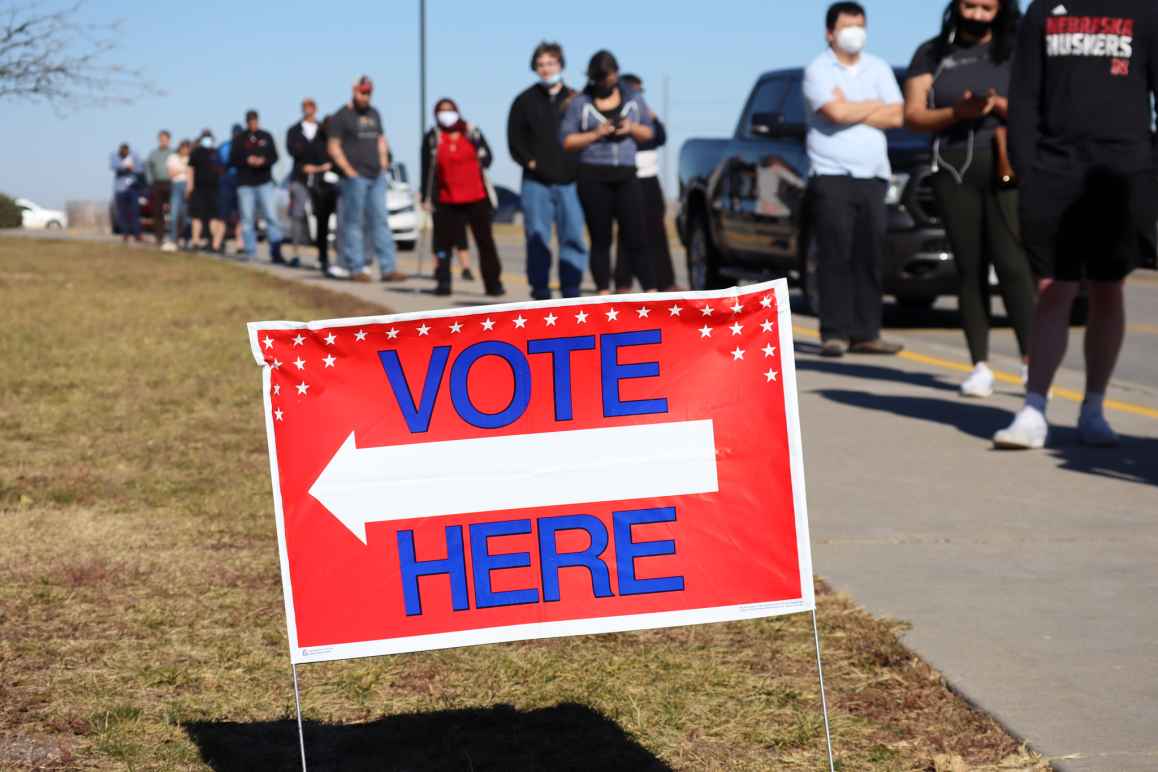
Spung v. Evnen
What's at Stake
Less than four months before the November 2024 presidential election, the Nebraska Secretary of State issued a directive embracing a non-binding opinion issued by the state Attorney General that would essentially reinstate permanent felony disenfranchisement and re-disenfranchise tens of thousands of Nebraska citizens. This directive is violative of both the Nebraska Constitution and several state statutes, and urgent relief is needed to avoid mass disenfranchisement of an entire class of Nebraska citizens.
Stay informed about our latest work in the courts.
By completing this form, I agree to receive occasional emails per the terms of the ACLU's privacy statement.
Summary
The American Civil Liberties Union, the ACLU of Nebraska, and Faegre Drinker LLP filed a petition for a writ of mandamus in the Nebraska Supreme Court, challenging a directive from the Secretary of State that seeks to reinstate permanent felony disenfranchisement and re-disenfranchise thousands of Nebraska citizens less than four months out from the November 2024 presidential election. We represent three individual plaintiffs and Civic Nebraska, a nonpartisan, nonprofit group.
Since 2005, Nebraskans with past felony convictions have been legally able to vote two years after completing all terms of their felony sentence. This year, the Nebraska legislature passed L.B. 20, a law that removed the two-year wait. This new law restores the right to vote to an estimated 7,000 Nebraskans, in addition to the tens of thousands who have had their rights restored since 2005. Yet just before L.B. 20 was set to go into effect, the Attorney General published a non-binding opinion declaring not just that L.B. 20 is unconstitutional, but in fact that it is unconstitutional for anyone with a felony offense to vote in Nebraska absent a pardon from the state Board of Pardons. Immediately thereafter, the Secretary of State released a directive stating that the Attorney General’s opinion has the force of law.
The Nebraska Constitution is clear: Only courts can overturn a law as unconstitutional. Yet the Secretary’s directive attempts to do just that, undermining the will of the voters and lawlessly reinstating permanent felony disenfranchisement by executive fiat. It would overturn a law passed by the democratically elected legislature, re-disenfranchise thousands of Nebraska citizens, and upend two decades of rights restoration law mere months out from a landmark election. It cannot stand. The legal groups ask the Nebraska Supreme Court to invalidate the Secretary’s directive and require him to enforce state law.
Update: On October 16, 2024, the Nebraska Supreme Court issued a writ of mandamus ordering the Secretary of State and election commissioners to immediately implement L.B. 20.
Legal Documents
- 10/16/2024
Order Issuing Mandamus Directing Secretary and Commissioners to Implement Statutory Amendments - 08/26/2024
Relators' Reply Brief - 08/23/2024
Secretary's Response Brief - 08/19/2024
Brief of Relators
Date Filed: 08/23/2024
Court: Nebraska Supreme Court
Affiliate: Nebraska
Download DocumentPress Releases
Nebraska Supreme Court Orders Elections Officials to Let Thousands of Nebraskans with Felony Convictions Vote
Thousands of Nebraskans’ Voting Rights at Stake in New Lawsuit